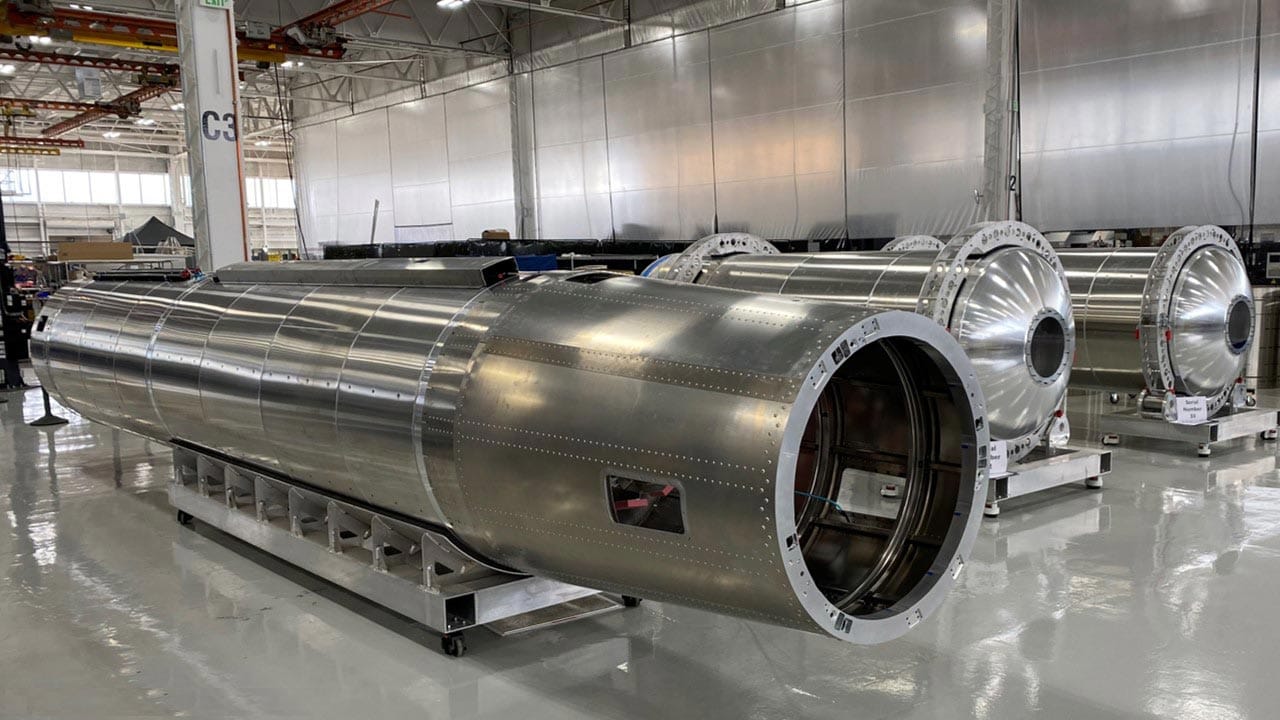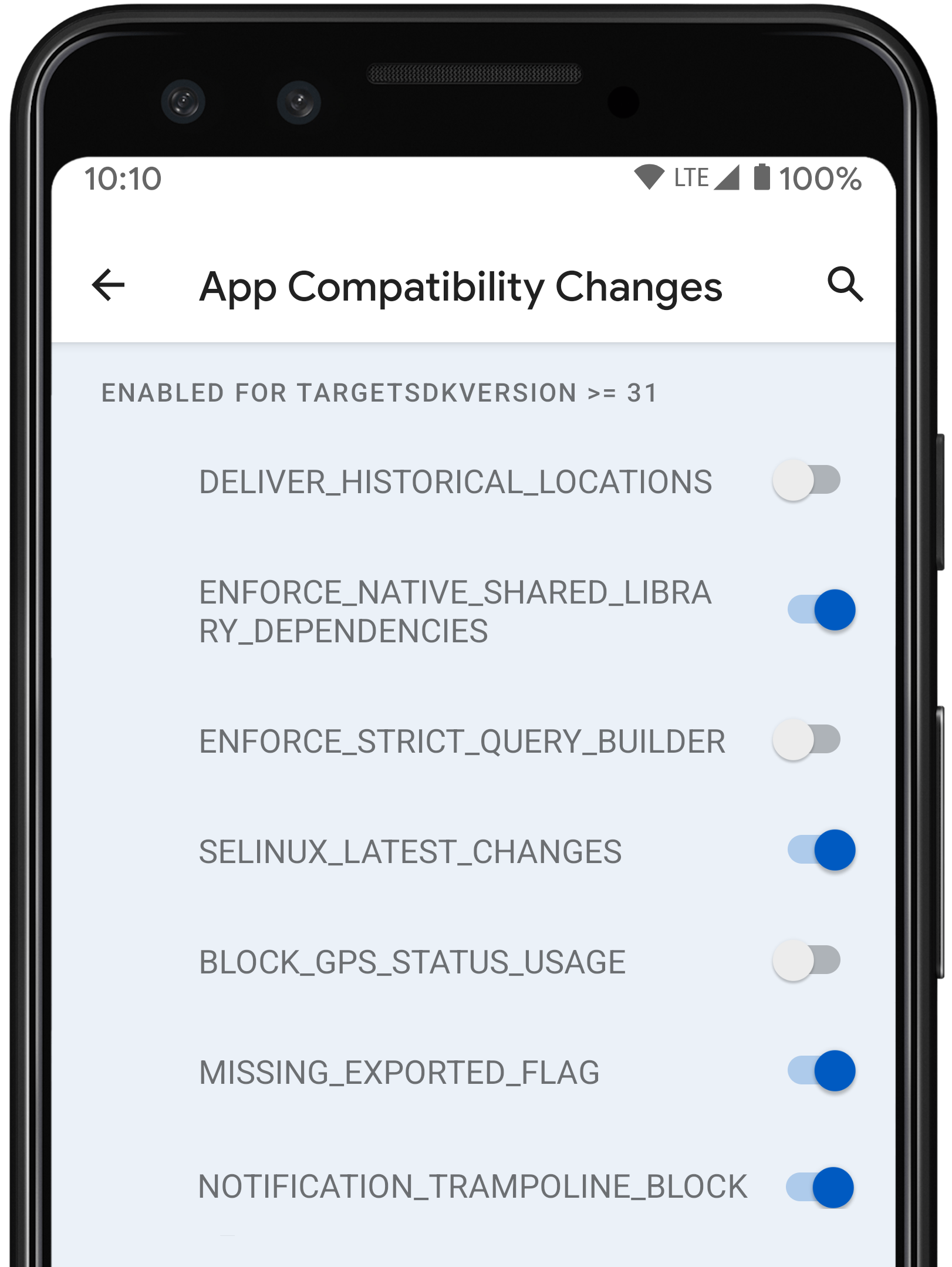New Space startup Astra, which is currently focused on commercial rockets, but which plans to eventually build satellites, too, has hired one of Apple’s key engineering leaders to head its own engineering efforts. Benjamin Lyon spent over two decades at Apple, where he worked on everything from the iPhone, to input devices and sensor hardware, to special projects: the department at Apple working on autonomous vehicle technology.
“When I’ve looked at what to do next at Apple, it has always been this combination of ‘What is the most impactful thing that I can do for humanity?’ – the iPhone was very much one of these,” Lyon told me in an interview. “Phones were awful [at the time], and if we could fundamentally come up with a new interface, that would completely change how people interact with devices.”
Creating a mobile device with an interface that was “completely flexible and completely customizable to the application” was what seemed so transformative to Lyon about the iPhone, and he sees a direct parallel in the work that Astra is doing to lower the barrier of access to space through cheap, scalable and highly-efficient rocketry.
“Astra me feels very, very much like redefining what it means for a phone to be smart,” Lyon said. “I think the Astra vision is this magical combination of fundamentally taking the rocket science out of space. How do you do that? Well, you better have a great foundation of a team, and a great foundation of core technologies that you can bring together in order to make a compelling series of products.”
Foundations are the key ingredient according not only to Lyon, but also to Astra co-founder and CEO Chris Kemp, who explained why an experienced Apple engineer made the most sense to him to lead a rocket startup’s engineering efforts.
“We did not want anyone from aerospace – I’ll just I’ll say that out of the gate,” Kemp told me. “Aerospace has not figured out how to build rockets at scale, or do anything profitably – ever. So I found no inspiration from anyone I talked to who had anything to do with with any of the other space-related companies. We do feel that there are people that are at SpaceX and Blue Origin who are really good at what they do. But in terms of the culture that we’re trying to establish at Astra, if you look back at Apple, and the things that that Benjamin worked on there over many decades, he really took on not only designing the the thing, but also designing the thing that makes the thing, which was more important than the thing itself.”
Kemp’s alluding to Apple’s lauded ability to work very closely with suppliers and move fundamental component engineering in-house, crafting unique designs for things like the system-on-a-chip that now powers everything from the iPhone to Macs. Apple often designs the processes involved in making those fundamental components, and then helps its suppliers stand up the factories required to build those to its exacting specifications. Astra’s approach to the space industry centers around a similar approach, with a focus on optimizing the output of its Alameda-based rocket factory, and iterating its products quickly to match the needs of the market while keeping pricing accessible.
And Astra’s definition of ‘iteration’ matches up much more closely with the one used by Silicon Valley than that typically espoused by legacy aerospace companies – going further still in questioning the industry’s fundamentals than even watershed space tech innovators like SpaceX, which in many ways still adheres to accepted rocket industry methods.
“You don’t do the iPhone X at iPhone 1 – you start with the iPhone 1 and you work your way to the iPhone X,” Lyon told me. “You’re going to see that with Astro as well, there’s going to be this amazing evolution, but it’s going to be tech company-rate evolution, as opposed to an ‘every 20 years’ evolution.”
That sentiment lines up with Astra and Kemp’s approach to date: The company reached space for the first time late last year, with a rocket that was the second of three planned launches in a rapid iteration cycle designed to achieve that milestone. After the first of these launches (Rocket 3.1 if you’re keeping track) failed to make space last September, Astra quickly went back to the drawing board and tweaked the design to come back for its successful attempt in December (Rocket 3.2) – an extremely fast turnaround for an aerospace company by any measure. The company is now focused on its Rocket 3.3 launch, which should only require software changes to achieve a successful orbit, and put it on track to begin delivering commercial payloads for paying customers.

Astra’s rocket production facility in Alameda, California.
Astra’s rocket is tiny compared to the mammoth Starship that SpaceX is currently developing, but that’s part of the appeal that drew Lyon to the startup in the first place. He says the goal of “design[ing] a rocket to match the application,” rather than simply “design[ing] a rocket to end all rockets” makes vastly more sense to serve the bourgeoning market.
“And that’s just the beginning,” he added. “Then you’ll take the next step, which is if you look at the technology that’s in a satellite, and a bunch of the smart technology that’s in a rocket, there’s a tremendous amount of duplication there. So, get rid of the duplication – design the rocket and the satellite together as one system.”
Eventually, that means contemplating not only launch and satellite as a single challenge, but also managing “the entire experience of getting to space and managing a constellation” as “a single design problem,” according to Lyon, which is the level of ambition at Astra that he views as on par with that of Steve Jobs at Apple at the outset of the iPhone project.
Ultimately, Astra hopes to be able to provide aspiring space technology companies with everything they need so that the actual space component of their business is fully handled. The idea is that startups and innovators can then focus on bringing new models and sensing technologies to Astra, worrying only about payload – leaving launch, integration and eventually constellation management to the experts. It’s not unlike what the App Store unlocked for the software industry, Lyon said.
“We’re trying to do something that’s never been done before in aerospace, which is to really scale the production of rockets, and also focus on the overall economics of the business,” Kemp explained about additional advantages of having Lyon on board. “As we become a public company, in particular, we have very aggressive EBITDA targets, and very aggressive production targets, much the same way Apple does. We also want to have a new rocket every year, just like [the iPhone] and so to some degree, we found every aspect of Benjamin’s ethos aligned with our values, and the culture that we’re creating here at Astro of relentless, constant innovation and iteration.

from iPhone – TechCrunch https://ift.tt/3uaENqC





